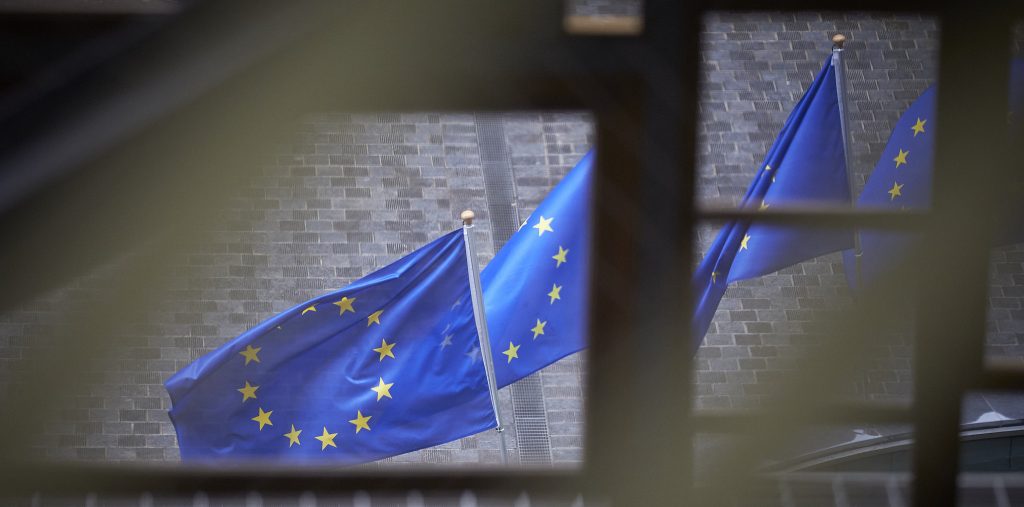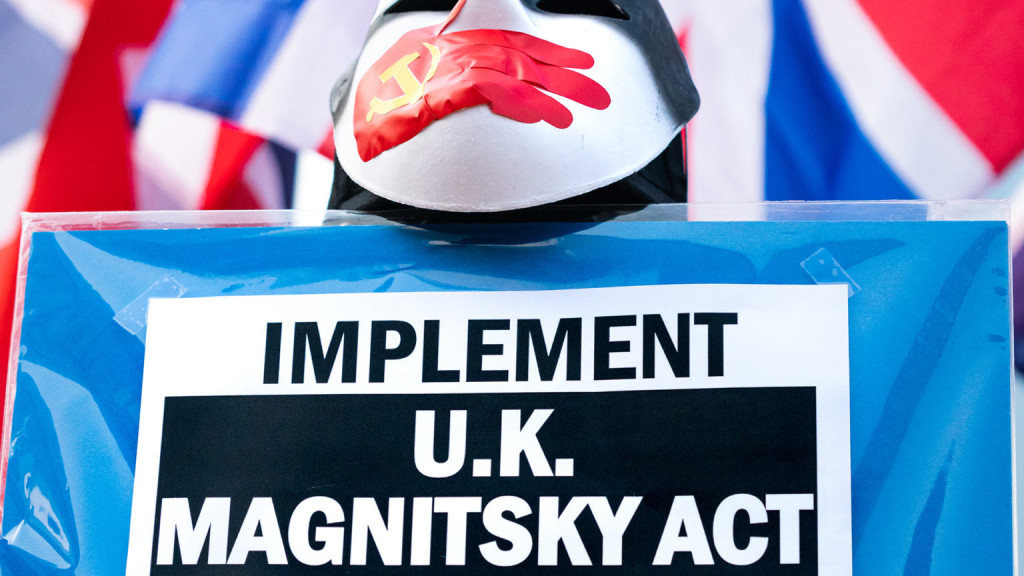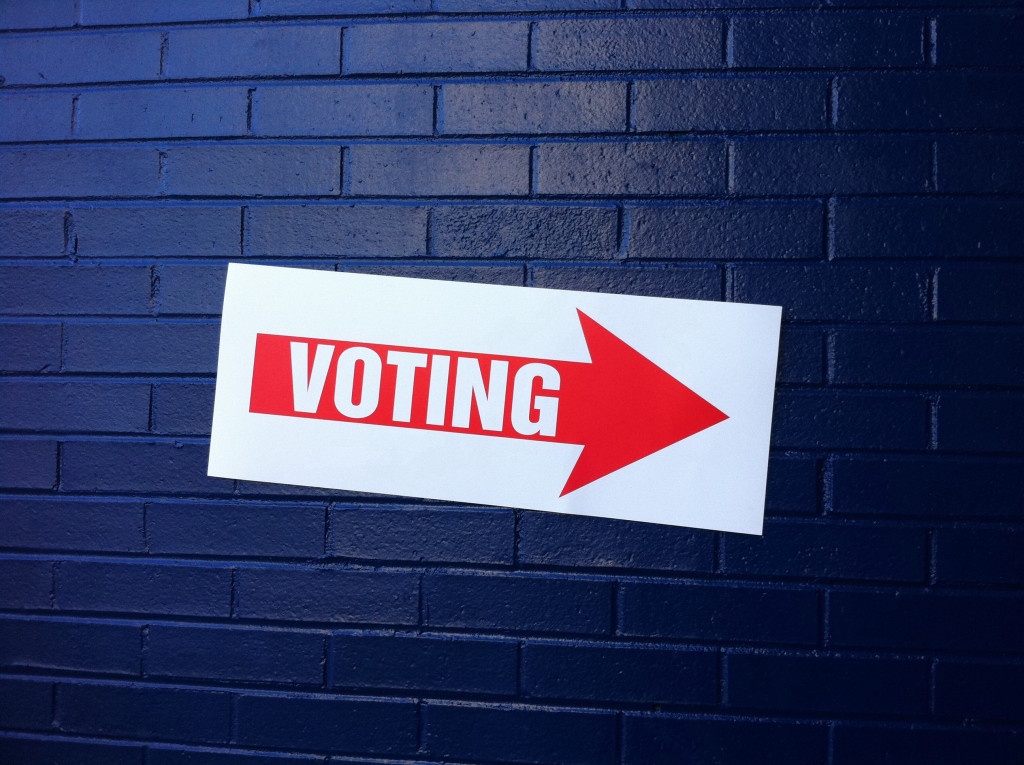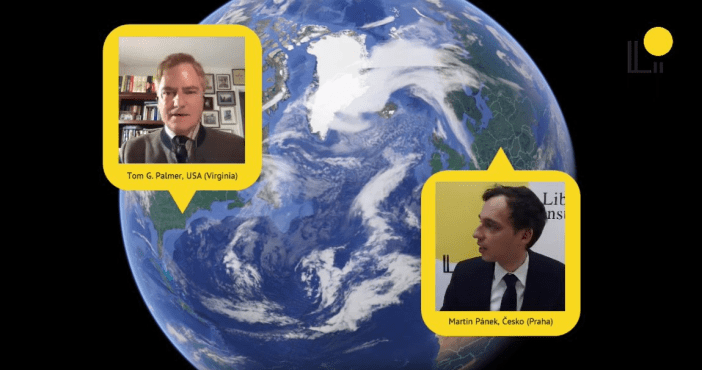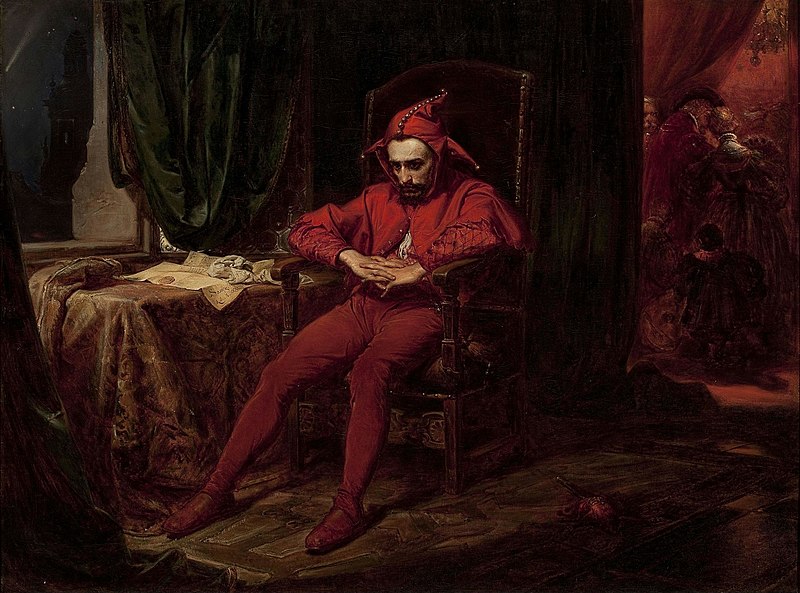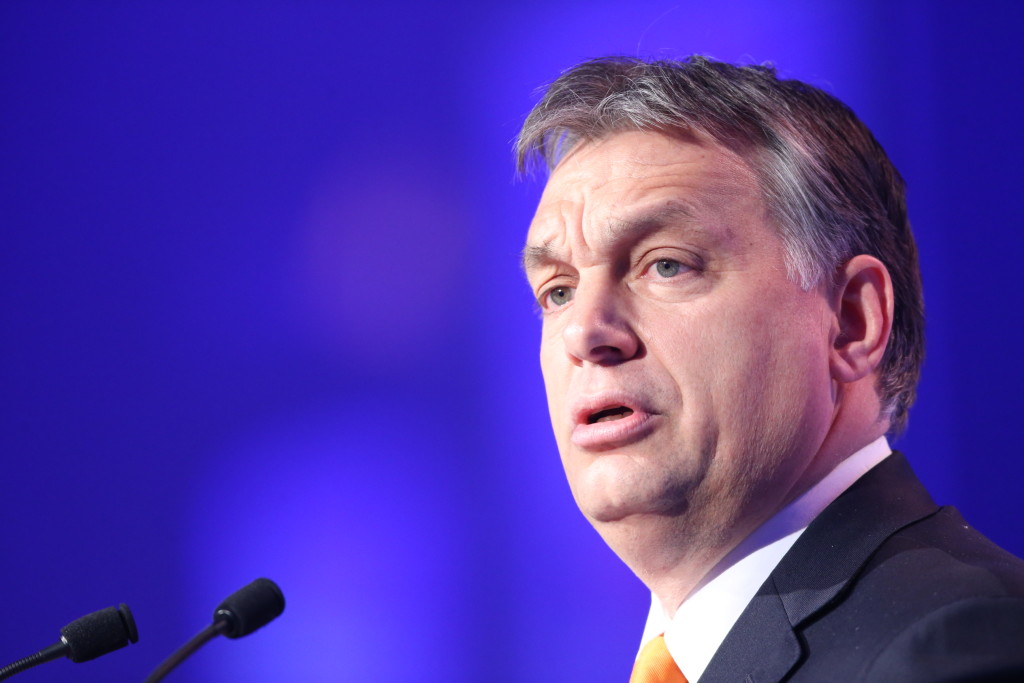
Report: Rule of Law in Poland in 2020
BY
FOR / September 17, 2020
A new report by the Civil Development Forum (FOR) summarizes the state of the rule of law in Poland after five years of the Law and Justice (PiS) party\'s rule and analyzes the current situation from a comparative perspective of the EU countries.




